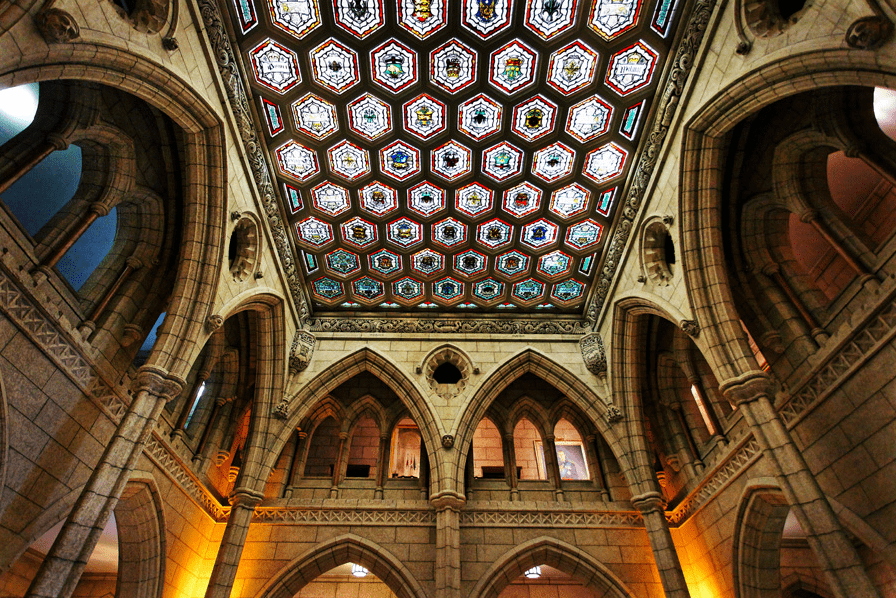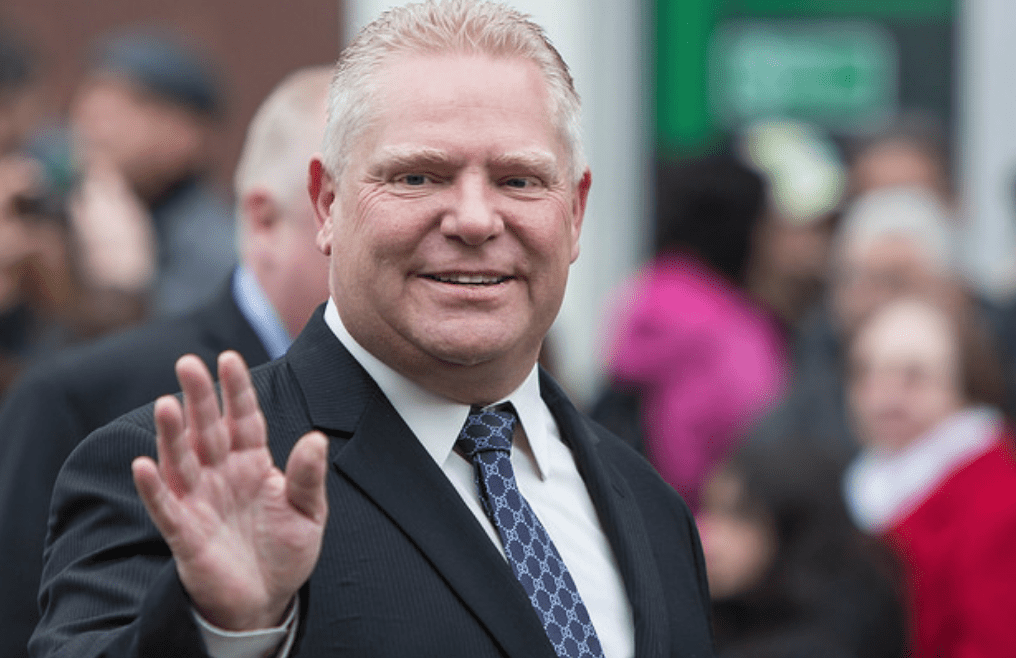Thursday morning, the Government Leader in the Senate err, "government representative," Senator Peter Harder, released a 50-page position paper on his vision of the role of the Senate. Titled "Complimentarity: The Constitutional Role of the Senate," it is presented as a scholarly review of the institution and outlines the justification for Harder's vision of the chamber, but is little more than the culmination of his cavalcade of nonsense.
You could clearly see that he and his staff made an effort, and they mined the history books for evidence and arguments that they could cherry-pick in order to carry on Harder's continued revisionist history to insist that he is simply trying to embody the vision of the chamber that the Founding Fathers articulated. The problem is that he continues to narrowly interpret history to support his vision, as opposed to looking at a broader view of the circumstances and events of the era.
For example, while tracing the decision to make the Senate an appointed rather than an elected body, Harder ignores the fact that the Legislative Council (that is, the upper chamber) of the Province of Canada was partially elected, and by the time of Confederation, they declared the experiment to have been a failure. Historian Christopher Moore termed this experience to have been the creation of a "Triple-R Senate" rich, rural, and reactionary, which frustrated the lower chamber of the day. As well, the costs of campaigning across the entire province for one of these seats was exorbitant and determined to be unwieldy going forward it was not solely about making the new Senate deferential to the Commons. Later, when Harder does mention the partially-elected Council, it is again in the context of fears that it being elected created a rival to the Commons, rather than the fact that they had practical experience with how it was composed as opposed to it merely being a rival.
Throughout the paper, Harder decries partisanship, and yet expends a great deal of energy to denounce the Conservatives in the current Senate, both in the paper and in the media rounds he did on Thursday in support of the release. The problem is that the experiences of the previous couple of parliaments in which there was a problem with the way in which the Senate was being utilized as rubber stamp by the Harper-led government was not due to partisanship in and of itself. After all, the Senate existed as a partisan body for the better part of 150 years with little problem in this regard. Where problems came in was that there was deliberate bad faith on the part of the prime minister of the day, who abused his powers of appointment to cause problems with the institution.
Indeed, the lesson that Harder did not learn from the Harper years is that by deliberately starving the Chamber of members until he found himself in a crisis situation and made his famous 18 panic appointments, and then continuing to appoint senators until he had a comfortable majority (at which point he again stopped making appointments in a fit of pique), was that the manner in which those appointments happened was the actual damaging part. By waiting until his own Senate ranks were depleted, and then flooding them with new appointees (who weren't well vetted), appointing twenty percent of the Chamber in one fell swoop without enough established mentors in place, we saw the creation of a new class of backbenchers rather than senators who would be properly acclimatised to the institution and its norms. This was not simple partisanship it was spite, compounded by the fact that Harper tried to pull the strings of the Senate through those new "backbenchers," but as we learned from Nigel Wright's memos during the Duffy trial, the lack of actual levers in the Senate frequently frustrated those purposes. Regardless, it is unfair to cast the problems that this created in the Senate as being a product of a partisan atmosphere.
And so how does Harder see the role of the Senate? Throughout the paper, he continues to insist that the Senate shouldn't be a rubber stamp, and then lays out all of the reasons why it should be. Senators shouldn't bother with the Charter or constitutional issues because they're not black and white and are better left to the courts. He's uncomfortable if senators get too into the minutiae of bills rather than just the broad swaths. He talks about institutional memory, but doesn't understand that it should also apply to the caucus room as well as Parliament writ-large as it also acts as a check on the power of the leader (hence why Trudeau expelling his senators was as much about centralizing his own authority as it was an attempt to overcorrect the problems in the Chamber at the time).
Harder goes into a lengthy condemnation of using the "pocket veto" of delay on private members' bills, but ignores both the procedural problems that can frustrate the passage of those bills when they are in a committee that is bogged down with voluminous government legislation that is automatically prioritized, or the nature of the fact that there are very bad PMBs that get passed by the Commons because of a combination of sentimentality and the fact that they simply aren't given the time for proper scrutiny some never even hearing from outside witnesses that could have provided needed pushback.
Above all, Harder continues to hammer on his notion about the need to formally adopt the Salisbury Convention, despite the inherent problems with doing so. But this is Harder at his most self-serving. The entire exercise of the paper is to give all of the reasons why the Senate shouldn't defeat or even seriously amend government bills things that would make his life more difficult as Government Leader, charged with getting Cabinet's priorities through the Chamber. That's a task that he has been wholly unsuited for, and two-and-a-half years later, he continues to eschew what his actual job entails which is negotiation. If Harder's vision were to become reality, we would not have a robust chamber of sober second thought we would have a debating society that concerned itself with a diversity of speeches rather than the challenge function that Parliament is supposed to provide. There needs to be actual danger that legislation won't pass if government is to take the process seriously. Neutering the Senate because it's inconvenient for Harder won't do our democracy any favours.








